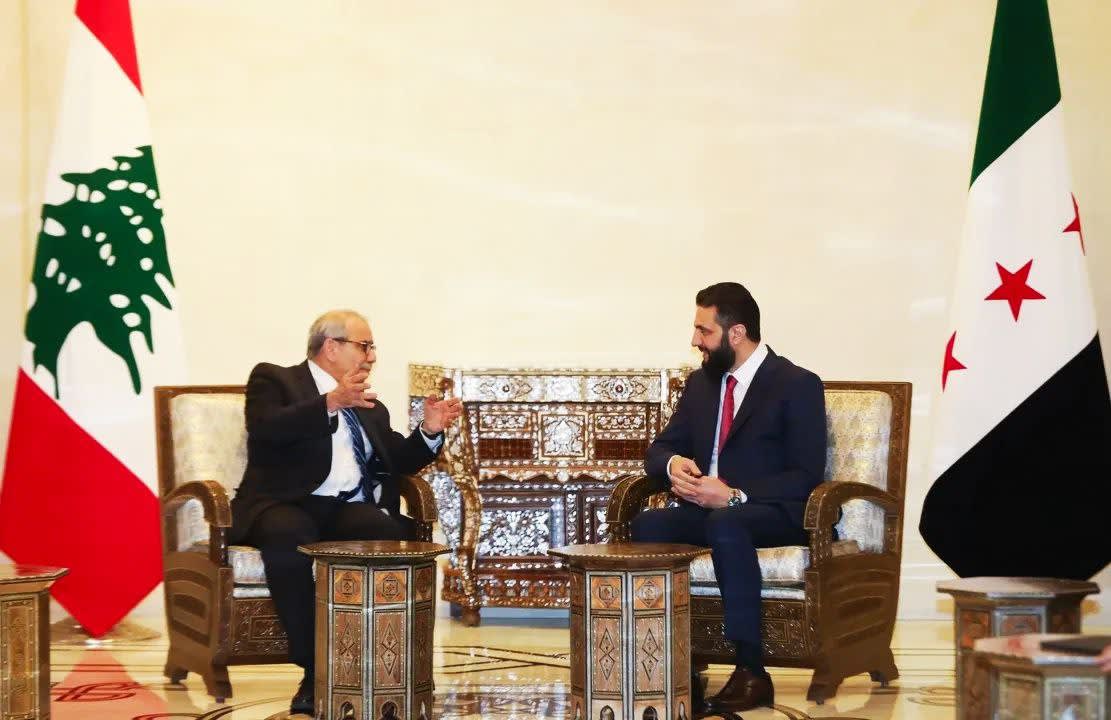The borders are heating up again: shells from Lebanon into Syria and the Lebanese army intervenes.
April 24, 2025171 ViewsRead Time: 2 minutes

Font Size
16
Barely days have passed since the historic visit of Lebanese Prime Minister Najib Mikati to Damascus, carrying an invitation for Syrian President Bashar al-Assad to visit Beirut, in a step described as a new beginning for relations characterized by mutual respect and good neighborliness... until the sounds of shells returned to dispel the atmosphere of optimism.
The Syrian Ministry of Defense announced that Hezbollah launched five artillery shells from Lebanese territories towards the al-Qusayr area in the countryside of Homs, prompting Syrian forces to respond immediately.
However, the response did not last long, as it was halted at the direct request of the Lebanese army, which pledged to pursue the groups responsible for firing the shells.
The ministry confirmed that communication is ongoing with the Lebanese side to control the situation on the border, while the Lebanese army began deploying in the conflict areas in an attempt to contain the tension.
A step that brought some relief amidst the fragile security conditions along the long border between the two countries, stretching for over 330 kilometers, known for the presence of illegal crossings that have long been a source of common concern.
Najib Mikati's visit to Damascus was not just a formality; he was accompanied by the ministers of foreign affairs, interior, and defense, and they met with the Syrian president and his foreign minister, Faisal Mekdad.
The visit came months after the ousting of former President Bashar al-Assad, reopening official channels of dialogue between the two neighbors for the first time since the formation of the new Lebanese government.
During the talks, the two parties discussed contentious issues, including border control, smuggling cessation, and demarcation of land and sea borders, agreeing to form a joint ministerial committee to follow up on these matters.
Najib Mikati emphasized the goal of building a relationship based on the sovereignty of each country and preventing interference in internal affairs.
Despite these efforts, the recent clash reflects the magnitude of the challenges facing any serious attempt to rebuild trust between Beirut and Damascus.
In a fragile security reality, with armed factions controlling some crossings, the path to understanding remains long and full of obstacles.